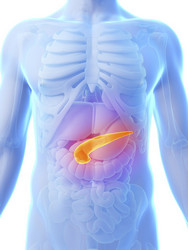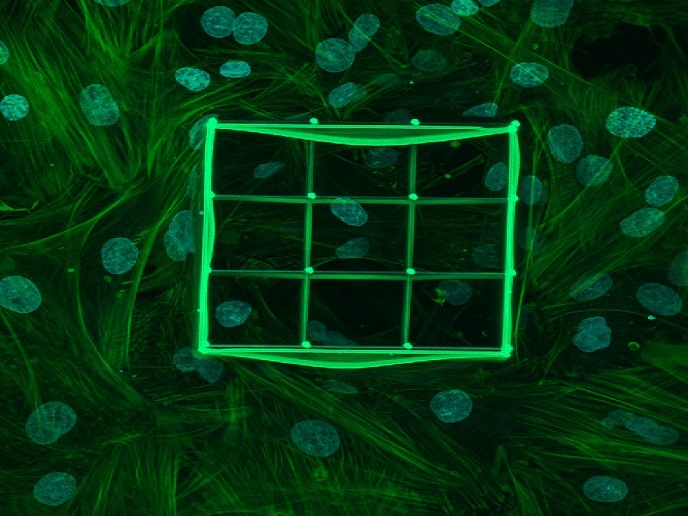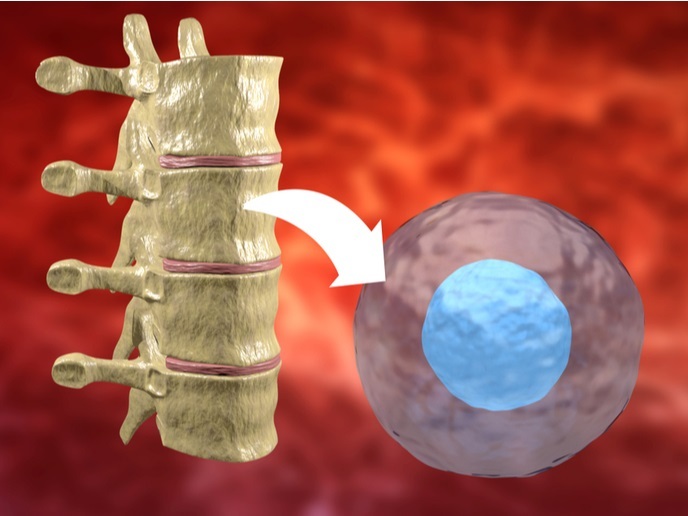Novel therapy for pancreatic cancer
Pancreatic ductal adenocarcinoma (PDAC) ranks amongst the most common cancers and has very dismal prognosis with a five year survival rate of only 6 %. It is virtually resistant to any conventional therapeutic regimens. Despite advances in the identification of molecular alterations in PDAC very little of this knowledge has been translated into novel treatments. The EU-funded CAM-PAC(opens in new window) (Integrative analysis of gene functions in cellular and animal models of pancreatic cancer) project aims to identify novel targets for therapeutic intervention and develop bioinformatic models for predictive diagnostics. The consortium will develop novel cellular and animal models of the disease and perform a large-scale analysis of metabolic, transcriptomic and genetic data from these models. The generated cellular and animal tools will carry modifications in certain target genes to assess affected signalling pathways. Systematic functional characterisation of target genes relies on novel technologies for temporal and spatial control of transgene expression. Scientists will identify the functions of these genes and monitor their impact on tumourigenicity. So far, a central growth-regulatory role of many of the selected target genes has been demonstrated in vitro. In addition to these experimental models of PDAC, the project will analyse primary human tissues at the molecular level. To address the inter- and intra-tumour heterogeneity in human PDAC, scientists will also use xenografts from patient samples. The findings of the study are anticipated to contribute to a better understanding of the disease, identify new compounds and therapeutic targets for PDAC. Considering the annual increase of PDAC incidence, innovative diagnostic and treatment approaches are urgently needed to prolong survival and reduce the suffering of pancreatic cancer patients.







